Connecticut’s Women Today: What Challenges Need Our Attention?
Over the past few years, the women rights and gender equality landscape has undergone a drastic change, but modern society still has a lot of issues that would haunt women in Connecticut and even in the rest of the US. Articulating reproductive rights to economic inequality, the policies and advocacy measures to resolve the problems are essential in making the society more fair. This blog will discuss some of the burning modern day issues that women in Connecticut face, policies that are established to deal with those issues, and the advocacy efforts underway to create a significant change.
Reproductive Rights and Health Access
The Ongoing Battle for Autonomy
One of the most controversial contemporary women issues is reproductive rights. The state law in Connecticut offers protection to the right to obtain reproductive health services such as contraception and abortion. Nevertheless, the tendencies at the national level, especially after the Supreme Court has ruled to repeal Roe v. Wade, have intimidated women into an atmosphere of uncertainty and fear about reproductive choice.
Connecticut has responded to these changes by going ahead to protect reproductive rights. The state has enacted laws that safeguard the access to abortion such as the Reproductive Freedom Defense Act that stipulates that people should receive the reproductive health care they need without unnecessary encroachment. This law has made Connecticut a pioneer in the struggle against reproductive rights and a safe haven to those seeking services in states where the laws are more restrictive.
Advocacy Efforts
Organizations like Planned Parenthood of Southern New England and the Connecticut Coalition of Reproductive Freedom are leading the advocacy campaign and they are doing everything possible to secure and increase the accessibility to reproductive health services. These organizations carry out awareness programs in society, popularize the rights of reproduction and rally grassroot-level campaigns to make sure that women are heard in the policy making process.
Economic Inequality and the Gender Pay Gap
The Economic Landscape for Women
Another major problem that women in Connecticut are faced with is economic inequality. Regardless of advances in education and job participation, women still stand at a disadvantage of earning less and having fewer job opportunities. Recent statistics indicate that in Connecticut, women make about 83 cents of what their counterparts can earn or make but this is the gender pay gap that has consistently affected the overall financial stability of women.
Besides the pay gap, women are also over-represented in low-wage jobs and some part-time employment which also contributes to economic inequality. Women have been especially severely affected by the COVID-19 pandemic, as they were constrained to leave the workforce because they had to attend to their children or were laid off in female-dominated sectors.
Legislative Responses
Connecticut has done so by trying to correct the economic inequality with several legislative acts. In 2019, the Pay Equity Act was enacted to eliminate the gender pay gap, by banning employers inquiring about salary history and demanding them to offer equal pay according to equal work. Also, the state has adopted the policies of paid family and medical leaves as they have realized the need to support working families, as well as to make sure that females can combine their work and personal lives.
Advocacy and Action
The Connecticut Women Education and Legal Fund (CWEALF) and the Connecticut Commission on Women, Children and Seniors are advocacy groups that have contributed significantly to efforts of creating awareness on economic inequality and lobbying to change policies. These groups offer funds, carry out investigations and lobby on laws that favor economic equality among women.
Domestic Violence and Gender-Based Violence
A National Epidemic
Gender based violence and domestic violence are still burning concerns and the women are disproportionately victimized. In Connecticut, intimate partner violence is encountered by one out of every four women in their lifetime, which can be regarded as the reason why effective policies and support systems are desperately needed. These problems were made even worse by the COVID-19 pandemic, which resulted in the victimization of more people and difficulties accessing support services.
Legislative Framework
Connecticut has passed various laws that are designed to help in domestic violence and safeguard victims. Domestic Violence Prevention and Response Plan of the state focuses on the comprehensive approach which involves prevention, intervention and recovery services. Besides, the Connecticut Coalition Against Domestic Violence (CCADV) is also involved in offering resources and assistance to survivors, as well as promoting a change in policy to improve protections.
Community Advocacy
Local organizations, including domestic violence shelters and the YWCA, are crucial in receiving services to the survivors and creating awareness of the commonality of violence against women. The advocacy aims at improving education, prevention strategies, and laws that reinforce the protection of survivors and hold the offenders responsible.
Mental Health and Well-Being
Addressing Mental Health Needs
Mental health is an essential factor of well-being of women, but frequently it is forgotten during the discussion of women issues. The Connecticut women encounter special mental health concerns, such as an increased rate of anxiety and depression, which are usually worsened by the social pressures and gender-related violence.
Policy Initiatives
Connecticut has realized the need to have mental health access and has established policies that enhance mental health services to women. The mental health parity legislation in the state provision guarantees that mental health care and treatment are equally financed by insurance like other physical health services to enhance access to treatment.
Advocacy for Change
Other organizations like the National Alliance on Mental Illness (NAMI) Connecticut have been involved in creating awareness on mental health problems, eliminating stigma, and the need to ensure that mental health services are readily available and comprehensive. Through education and outreach, these organizations can enhance the mental health outcomes of women and make sure that their needs are satisfied.
Conclusion: The Path Forward
The current problems women have in Connecticut are not simple and straight forward but rather complex and multi-layered and thus one needs a holistic methodical solution that includes policy, advocacy, and community action. Although some strides have been forwarded in the quest to eliminate such challenges, a lot remains to be done to bring about actual gender equality.
Policymakers, advocacy organizations, and the community members should further engage in cooperation and raise the voice of women when discussing their rights and needs. Connecticut can implement policies that can lead to a healthier future for all women by answering reproductive rights, economic disparity, domestic violence, and mental health.
In the spirit of celebrating the achievements of women rights, we should be keen and active to counter challenges that are still there. Helping local organizations, promoting changes in the policies, and raising awareness about the problems which plague women are the key steps to building a society in which every woman can reach her full potential. The struggle of equality is still a process and only by acting together can we secure a better future to future generations.




